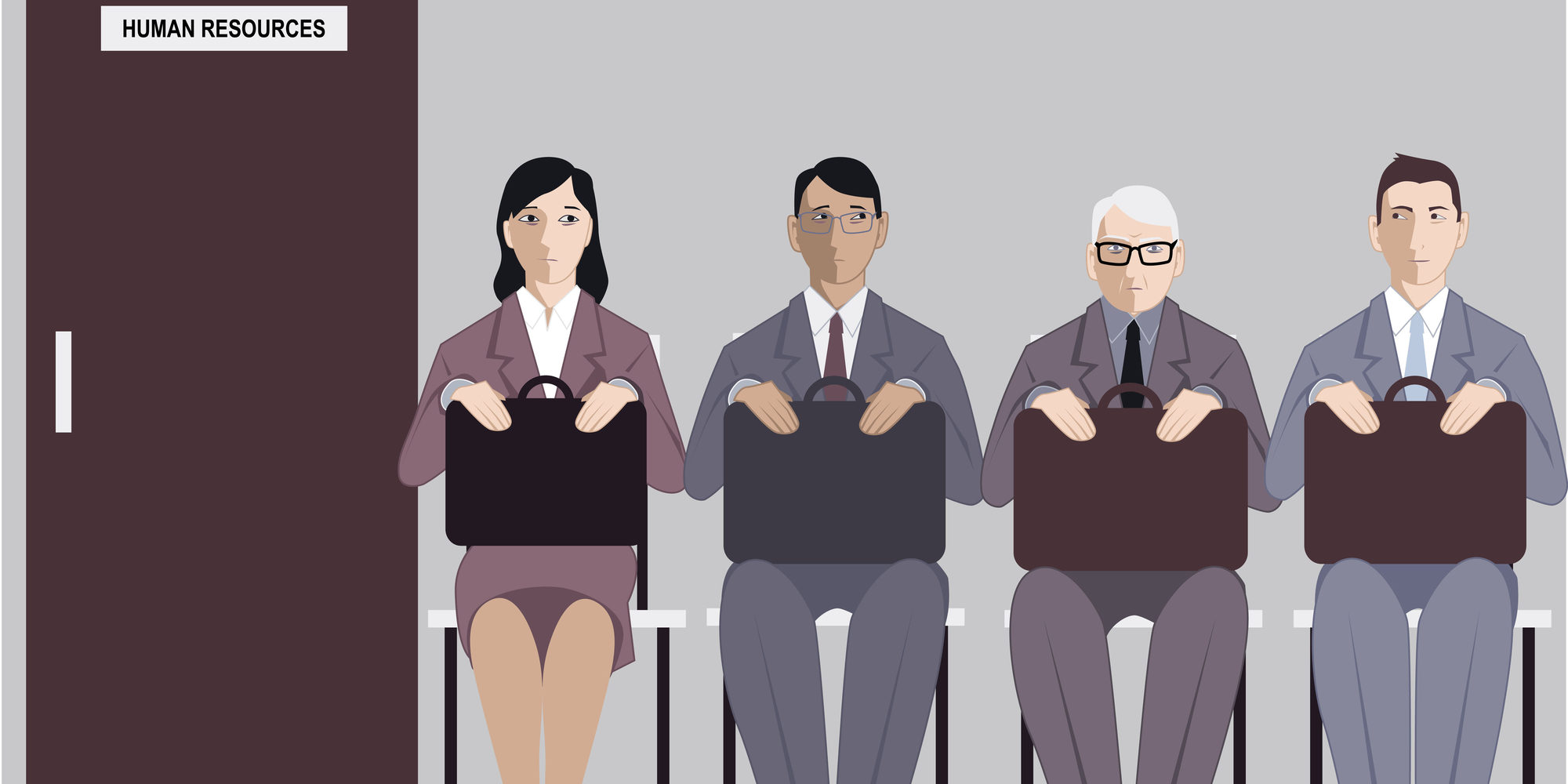The nefarious equation that pervades the world of work in the United States: “old” = “bad.”
• “Old” doesn’t work as hard, is ineffective, and is untrainable.
• “Old” isn’t as pretty to look at.
• “Old”…isn’t as worthy.

What did Mark Zuckerberg so infamously say in 2007? “Young people are just smarter.”
The fact that he actually believed that nonsense highlighted what more seasoned people know full well:
• Wisdom isn’t magically bestowed upon youth.
• And you can’t buy wisdom in a store — you’ve got to earn it.
Ageism runs rampant in the American workplace. It’s a relentless, destructive force.
And let’s be sure to properly define it — it’s as harsh, immoral, and illegal as many other “-isms” in our society. It’s a quiet loathing of one group of people for another — a loathing that manifests itself by discrimination.
Despite legislative efforts to promote equal opportunity and combat age discrimination, most workers over the age of 40 still face significant barriers to securing employment, career advancement, and fair treatment in the workplace.
HR and recruiting professionals, frankly, have failed. Yes failed — failed in their first and highest responsibility to promote equal opportunity, fairness and respect for other human beings, to never allow illegal discrimination to enter into hiring, staff development and career decisions at their places of employment.
In recent years, the seasoned part of the American workforce has become increasingly prominent as people are living longer and choosing to remain in the labor market longer. While seasoned workers bring valuable skills, experience and yes — wisdom — to the table, they routinely encounter biases, stereotypes, and microaggressions that hinder their career prospects.
Myths about seasoned workers are entrenched in American society, and I’ve heard them all in my extended career as a recruiter and HR professional:
• They’re too set in their ways.
• They can’t learn new skills, especially tech.
• They lack energy.
Employers routinely overlook qualified Baby Boomers, GenXers, and now even a swath of Millennial candidates in favor of GenZers, falsely assuming that they will be a better fit for their open positions — and because GenZ is viewed as far cheaper labor.
Another significant issue is age discrimination in layoff decisions. Seasoned workers are often disproportionately affected by workforce reductions — particularly troubling since once unemployed, they face the highest barriers to reentry into new employment.
However, there are practical pathways for employers to combat ageism in hiring and the workplace:
- Implement and enforce a zero-tolerance policy on age-based discrimination in hiring and in the workplace, carving it out from any general policy.
- Implement robust, mandatory training programs for recruiters, HR staff, hiring managers, and leadership — programs that educate on the legalities of age discrimination and laundry-list proscribed discriminatory biases, behaviors, and mindsets.
- Devise and implement age-blind recruitment practices to mitigate biases in the hiring process. These would include removing age-related information from job applications (such as “Year Graduated”), leveraging diverse hiring panels to evaluate candidates based solely on their credentials, and more.
- Offer age-inclusive training and development programs so that seasoned workers’ skill sets stay relevant.
- Provide workplace opportunities (such as employee committees) for mentorship, reverse mentoring, and knowledge-sharing between generations, fostering a culture of learning and collaboration.
HR and recruiting professionals have both a legal and, indeed, a higher moral responsibility to advocate for age-inclusive hiring practices, to aggressively challenge age-related workplace discrimination, and to create opportunities for all of employees to succeed — regardless of their age.
Jerry Cooney, “Jer” to his friends, has spent his career serving in various capacities within Human Resources and Talent Acquisition. He holds a Bachelor’s degree in HR from Cornell and is a Senior Certified Professional in HR (SHRM-SCP) and a Certified Professional Resume Writer (CPRW).He began his career at a small firm in Manhattan and has since gone on to work with such famous names as Amazon, Siemens, General Electric, and Amtrak. Jer is originally from Islip, New York, but now calls Philadelphia home. He is a huge baseball fan.





Leave a Reply
You must be logged in to post a comment.